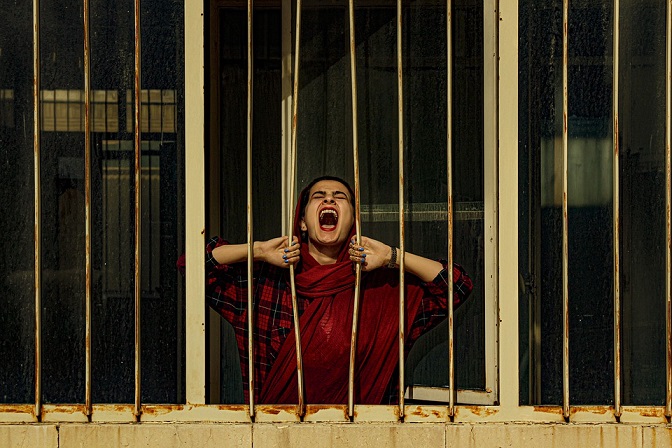Violence and murder against women is accompanied by other related problems such as rape. According to UNICEF, the United Nations Children’s Fund, in El Salvador this is a problem that is often neglected, especially sexual violence against children and adolescents.
 Luis Beatón
Luis Beatón
A week in February ended with at least five femicides, which sparked alarm among the population and the authorities. For years, El Salvador has been one of the leading nations in this shameful and shameful area of crime.
According to data from the Gender Violence Observatory of the Organisation of Salvadoran Women (Ormusa), 64 women were murdered in 2022: 51.5% less than in 2021 when there were 132 cases.
A few years ago in El Salvador there were daily deaths of women murdered by their husbands or people close to them, and it was even considered an epidemic, with rates of 16 and 12 per 100,000 inhabitants in 2016 and 2017.
However, since 2019, homicidal violence against women has started to decrease and authorities have been able to prosecute these cases, capture the perpetrators and sentence them to maximum penalties.
The government attributes these results to security strategies implemented under the Territorial Control Plan (PCT) that led to a significant decrease in crime.
To step up the fight against abuses against women, on 21 February the National Assembly of El Salvador approved a reform of the law to eliminate the statute of limitations for the crime of feminicide, one more step in the long road that women in this country still have to travel to eradicate this scourge.
 However, many experts argue that convictions do not solve or eliminate violence against women and its traces, and advocate for the design of an adequate prevention policy.
However, many experts argue that convictions do not solve or eliminate violence against women and its traces, and advocate for the design of an adequate prevention policy.
In the same vein, Morena Herrera, feminist activist and human rights defender, member of various expressions of the feminist movement in El Salvador and Central America, stated that “Neither guns nor sentences will stop feminicides”.
Herrera, in an analysis published in the Salvadoran newspaper “El Faro”, addressed the uphill struggle of Salvadoran women to match up with men, a clan that does not understand equal rights and duties and that, in many cases, sees the female as the slave of the home, a sexual object to be punished and mistreated if she does not fulfil the role designed by the man.
Discrimination is palpable in all aspects. For example, less than half of women participate in the labour market (46.8%) compared to more than 805% of men. And on top of that, the wage gap is 18%, i.e. for every dollar a man earns, women receive 0.82 cents.
Herrera says the real challenge is to identify what kind of measures are needed to prevent the murders of women. “Prevention is a better cure than the gun or prison, she stresses.
It is not that there are no prevention actions or laws, there are, but it seems that there is a complicit omission in their application, there is a lack of mechanisms and decisions that place the so-called weaker sex in a position of equality and rights in all fields.
 Sometimes, some people wonder, what would happen if instead of feminicide there were “manslaughter or machicide”. The cry would be heard in the sky.
Sometimes, some people wonder, what would happen if instead of feminicide there were “manslaughter or machicide”. The cry would be heard in the sky.
The solution to social problems requires different and, in many cases, specific and careful approaches from those in charge of state institutions, say observers.
However, policy decisions are often taken that do not reflect clear routes of recognition, diagnostic processes and, above all, understanding of phenomena and problems. According to Herrera, this seems to be the case with violence against women. That the presence of the military on the streets is now also part of the plan to “stop feminicides” is proof of this.
It says that the use of force does not and will not actually solve gender-based violence. Femicide is just the most visible expression of it.
The words of Gustavo Villatoro, Minister of Justice and Security are promising: “Selective justice is a thing of the past, we are called to collective justice, we will not tolerate blood crimes, sexual crimes or any act of violence. Hopefully, some women say, these words will not remain just promises. PL
(Translated by Cristina Popa – Email: gcpopa83@gmail.com) – Photos: Pixabay












.jpg)












